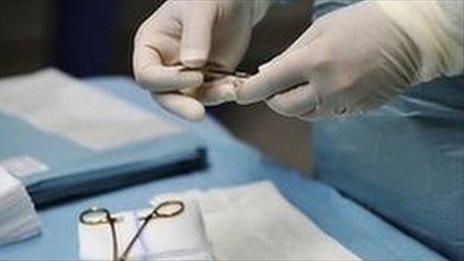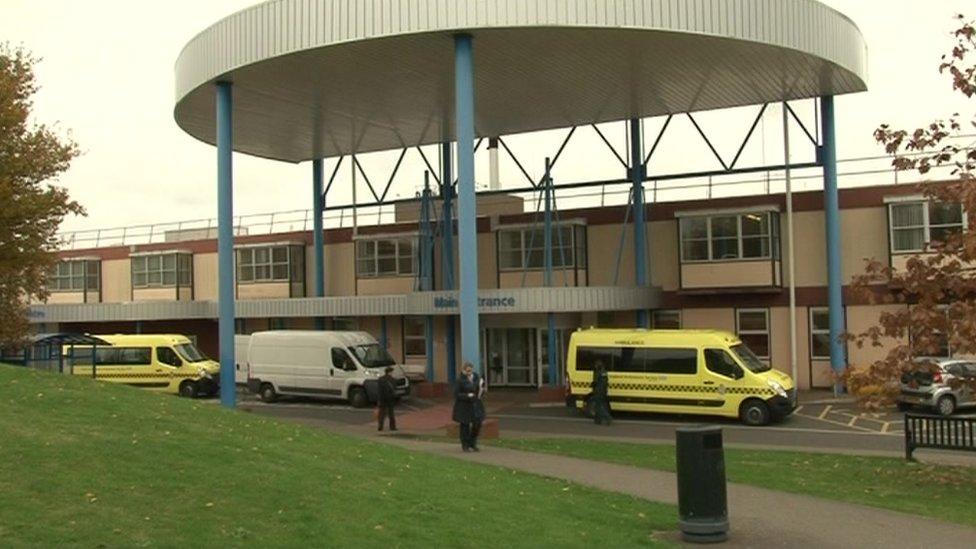Hinchingbrooke: Mission impossible for Circle?
- Published

The savings Circle is trying to make are unprecedented, auditors say
If private operator Circle succeeds in doing what it says it will with Hinchingbrooke Hospital, it will be one of the most remarkable turnarounds in NHS history.
The Cambridgeshire district general hospital had run up a deficit of £39m on a turnover of £73m when the management of the trust was put up for grabs.
To put that in context, the debt represents a greater proportion of income than the one accrued by South London Healthcare - the trust that has been put into administration and looks likely to be split up.
Not only is Circle proposing to make savings that will pay that off that debt within 10 years, it expects to have plenty left over to allow it to take out a £31m fee and leave the NHS with several million pounds to spare.
It equates to a saving of more than 5% a year - something that by all accounts has never been achieved by any hospital anywhere in the world.
If Circle lets standards of care slip, the contract can be pulled.
If Circle runs up £5m of more debt, the contract can be pulled.
What is more, the company has to cover that sum itself as well as hand over another £2m for a new tendering process if one is run.
Radical solution
Surely the deal - the first given to a private firm to run an NHS hospital - is a win-win situation for the health service?
Well no, perhaps not. The National Audit Office report into the tendering process and progress made to date has raised concerns over how rigorous health chiefs were in assessing whether the targets were realistic.
Although it does clarify that it is too early to say whether Circle will succeed in the end.
And once you dig a little deeper it is clear the NHS does not quite hold all the cards.
The way the deal is structured means as soon as the books start to be balanced on a yearly basis Circle can start taking money out. Only once the yearly surplus exceeds £2m does the debt start being paid off.
That figure is important. A £2m surplus for a trust the size of Hinchingbrooke would be beyond what is achieved on average across the health service.
In short, if Circle gets Hinchingbrooke performing as well as many trusts do in the NHS they will start making money. The NHS only wins if Hinchingbrooke outperforms the norm.
Supporters of the deal have argued the NHS had to look for a radical solution or else the trust would have gone under.
That may be so. But if the deal does fail questions will be asked about whether the NHS had to be quite so radical.
- Published8 November 2012

- Published25 October 2012
